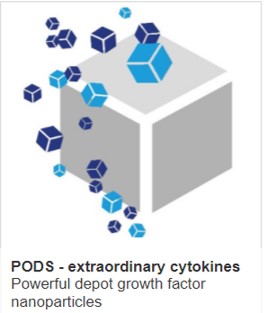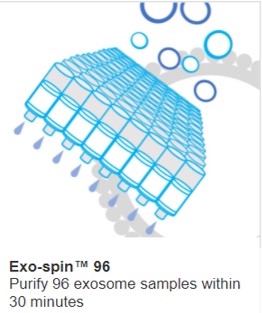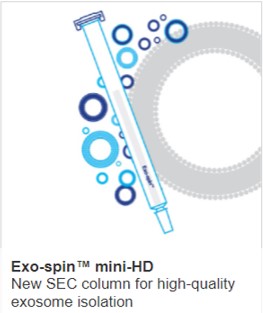Low protein diet inhibition of cancer suggests a new therapy

A research article published recently in Nature suggests that, at least in some cases, reducing the amount of protein in a diet can help tip the balance in favour of normal cells and suggests ways to modify macrophages to out-compete cancer cells.
Competition between cells is a normal part of growth and development. Cancer cells have abnormal growth advantages that can enable them to out-compete normal cells. The MYC oncogene is a transcription factor that can be amplified in some cancers. Cells that have amplified MYC (MYC-high) have a growth advantage.
MYC amplification occurs in some breast cancers, the most aggressive of which often also have an activated, abnormal PI3K gene. The researchers studied tumors in a mouse model that replicate this PI3K/MYC phenotype. In these cancers, thriving, MYC-high cancers cells are bordered by apoptotic MYC-low cancer cells. This suggested that there is competition between the cells.
In addition to cancer cells, tumours contain other genetically normal cells that contribute to the tumor microenvironment (TME). These include cells such as cancer associated fibroblasts (CAFs) and immune cells, such as macrophages, which make up between 10-50% of the total number of cells in a cancer. Macrophages, can clear cancer cells but become subverted by cancer to promote tumorigeneses.
By crossing a series of genetically modified mouse strains, the researchers showed that competition develops in the mouse between MYC-high and MYC-low cells. The MYC-high cells are larger and have a higher metabolic rate. This additional size of MYC-high cells requires functioning RAPTOR scaffolding protein. In small MYC -high RAPTOR depleted tumours (6 mm x 6 mm), the cells frequently underwent apoptosis. However, in larger tumors (12 mm x 12 mm), this was not the case, probably as a result of selection for cells that had escaped biallelic RAPTOR depletion.
The researchers noted that when the MYC-high tumours were fed a low protein diet that macrophages repopulated tumours. However, tumor-associated monocyte (from which the macrophages are derived) numbers were unaffected by the low protein diet. So why do low protein diets combat cancer? Clearly, the MYC-high cells higher metabolic rates require larger amounts of amino acid building blocks. But apart from this, mTORC signalling is partly regulated by amino acids.
In the low protein diet mice, the tumour associated macrophages (TAMs) exhibit higher transcriptional variation that mammary tissue macrophages (MTMs). The cancer cells also underwent more frequent apoptosis. The TAMs in the low protein diet were more actively scavenging extracellular proteins by pinocytosis.
All this activity creates winner cells and loser cells within the TME. From studies of Drosophila, it has been shown that winner cells can engulf loser cells. Indeed, with normal levels of protein in the diet, the cancer cells would be engulfing apoptotic bodies derived from loser cells. This research is exciting as it provides an insight into a mechanism that may be used to treat cancer by, for example, genetically modifying TMEs to tip the winner/loser balance in their favour.
IMAGE: Targeting cancer. Bigstock.



